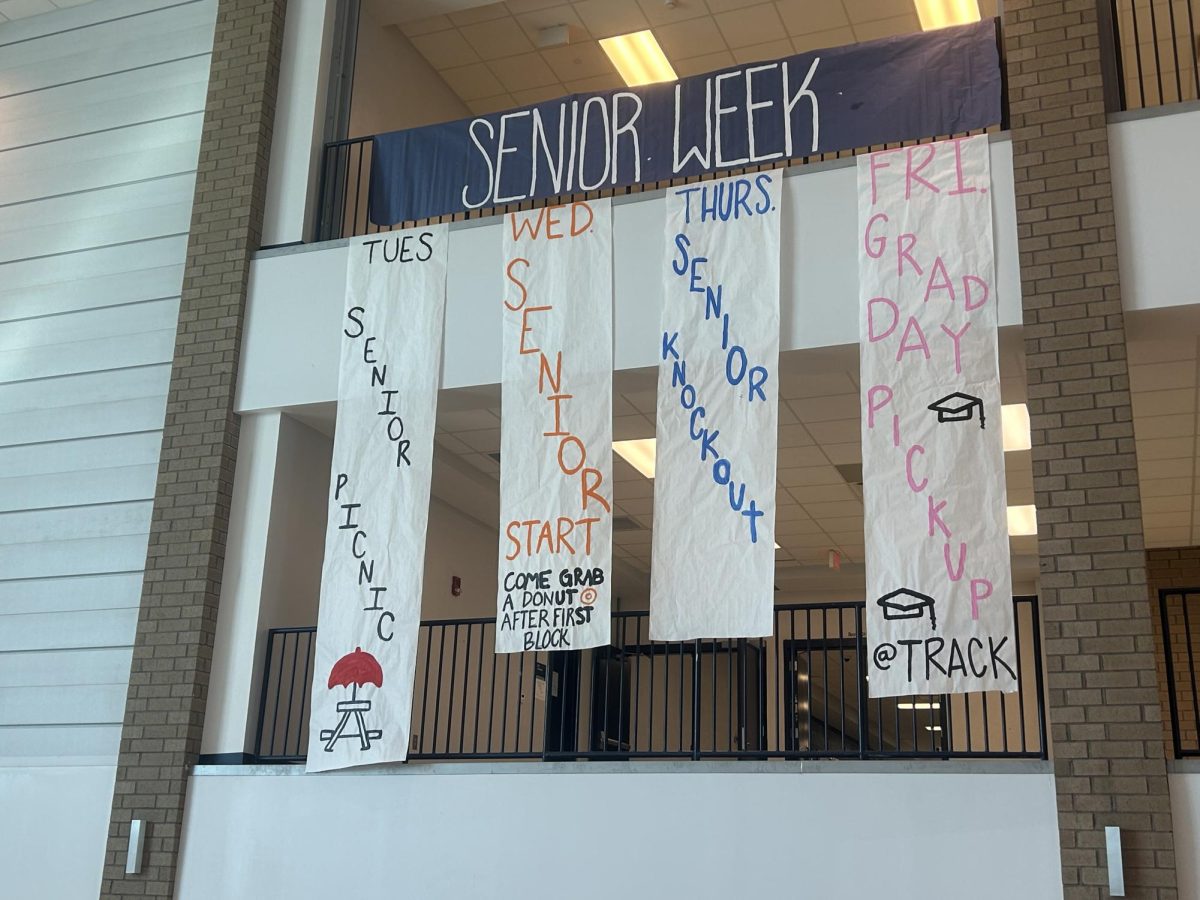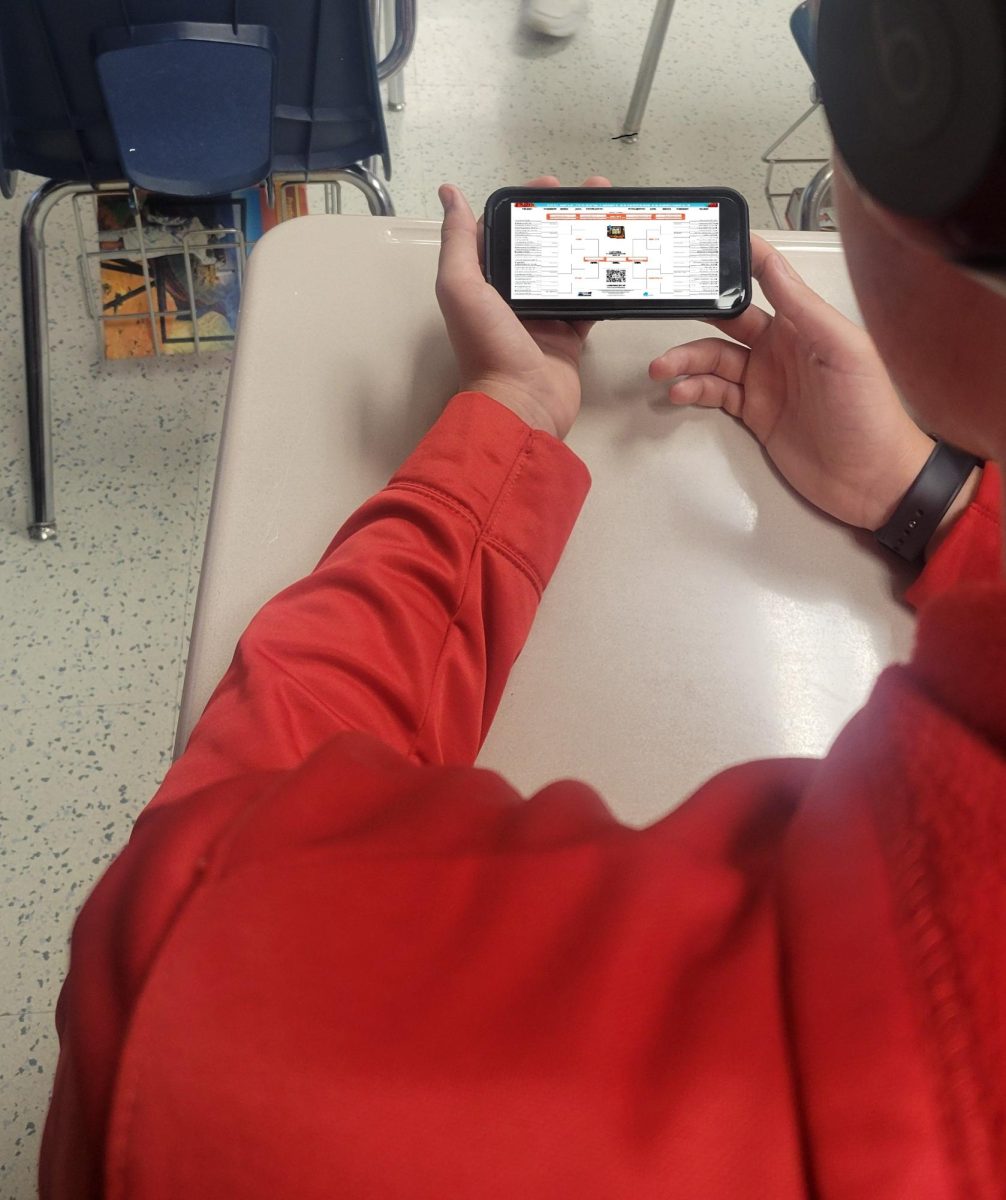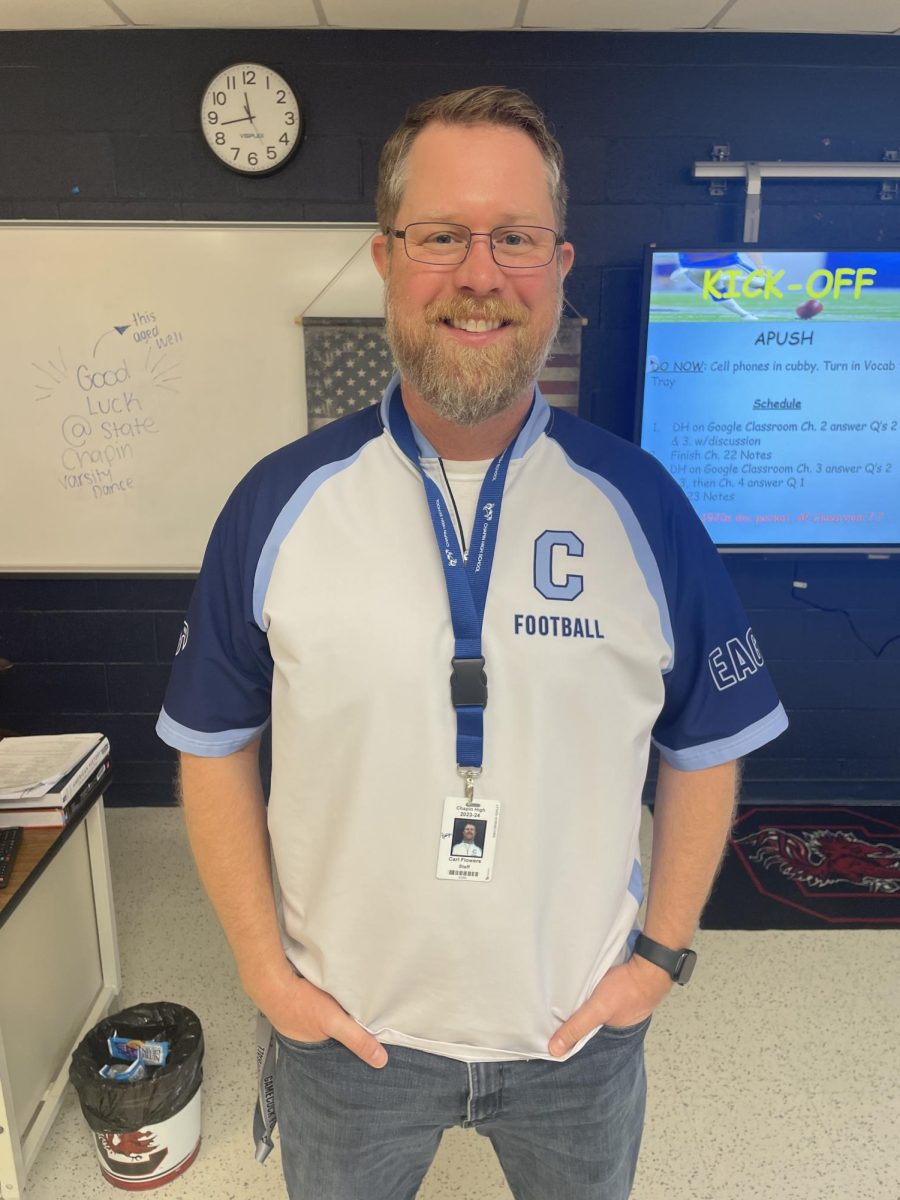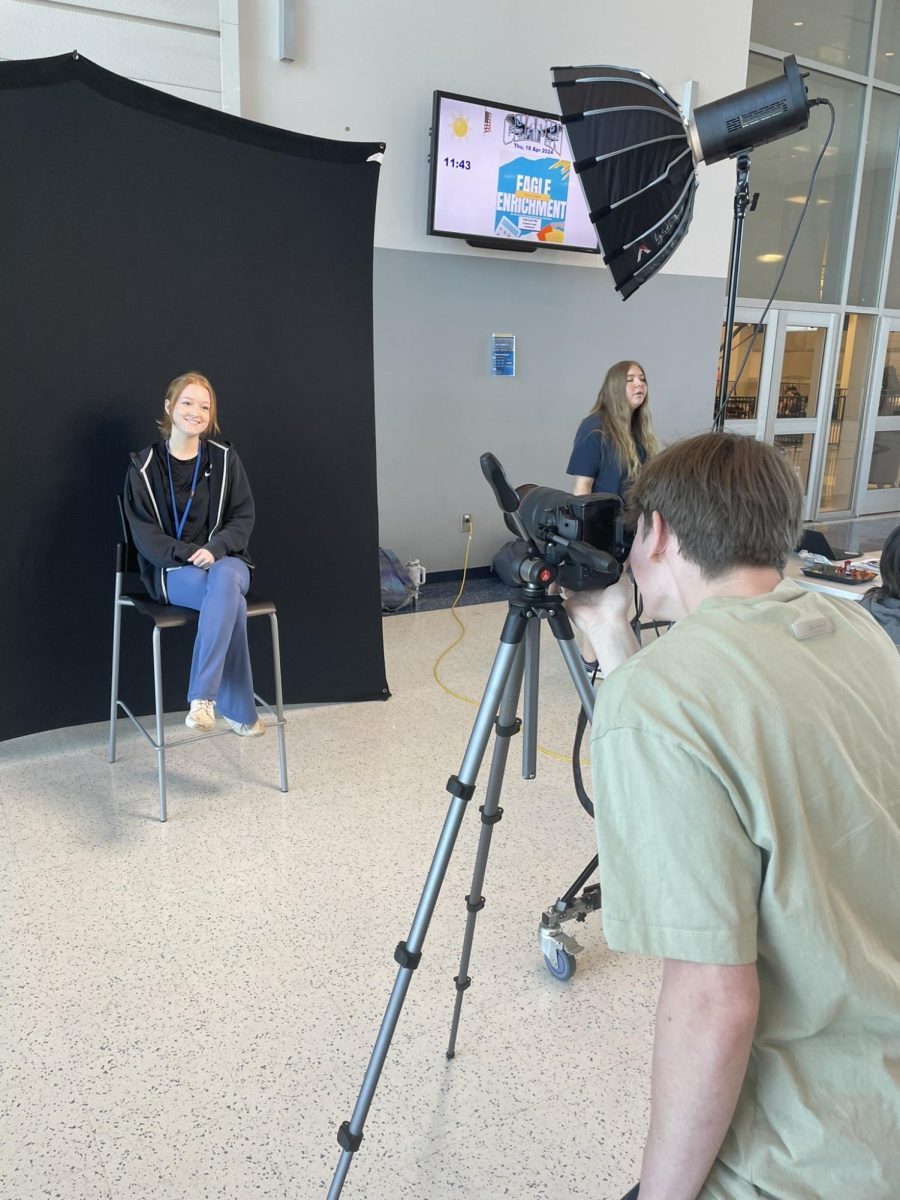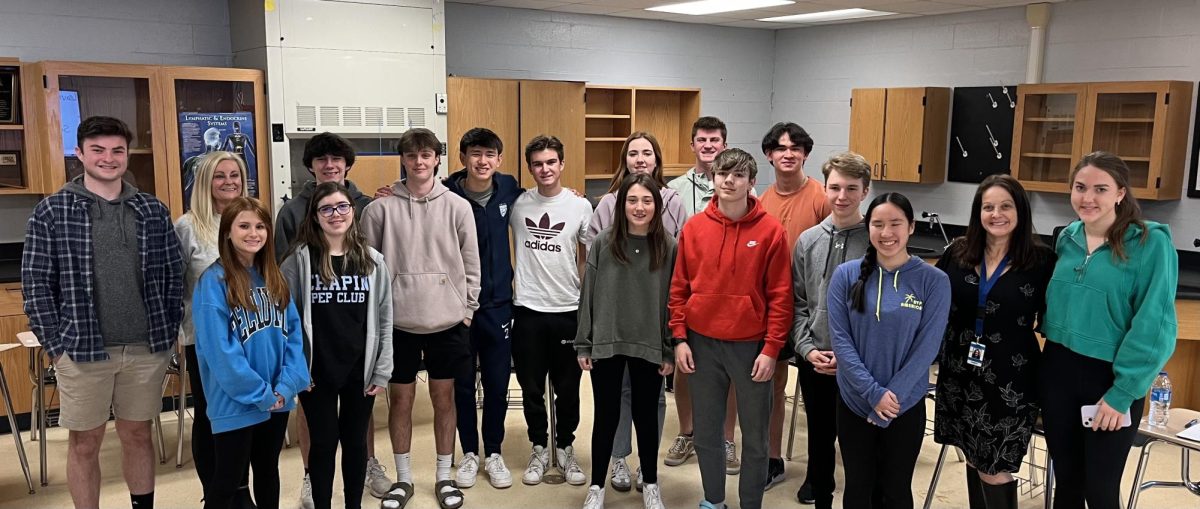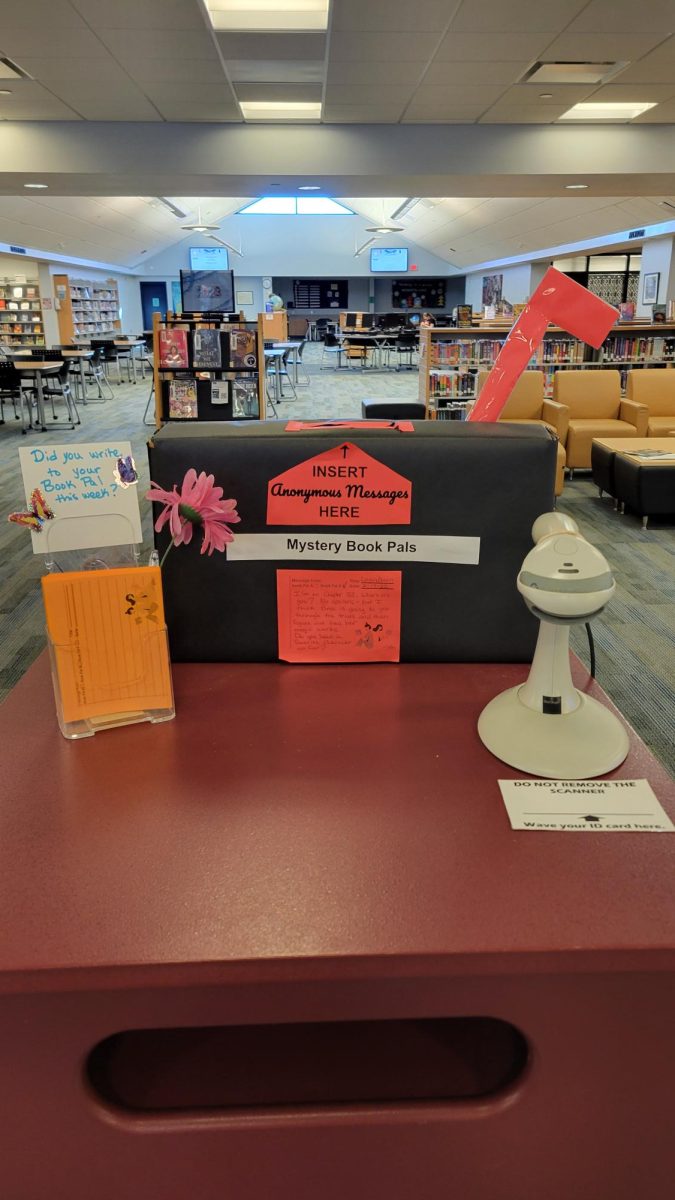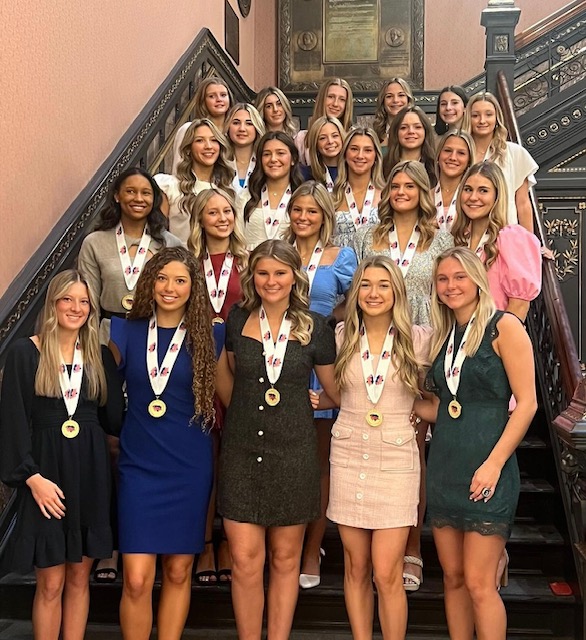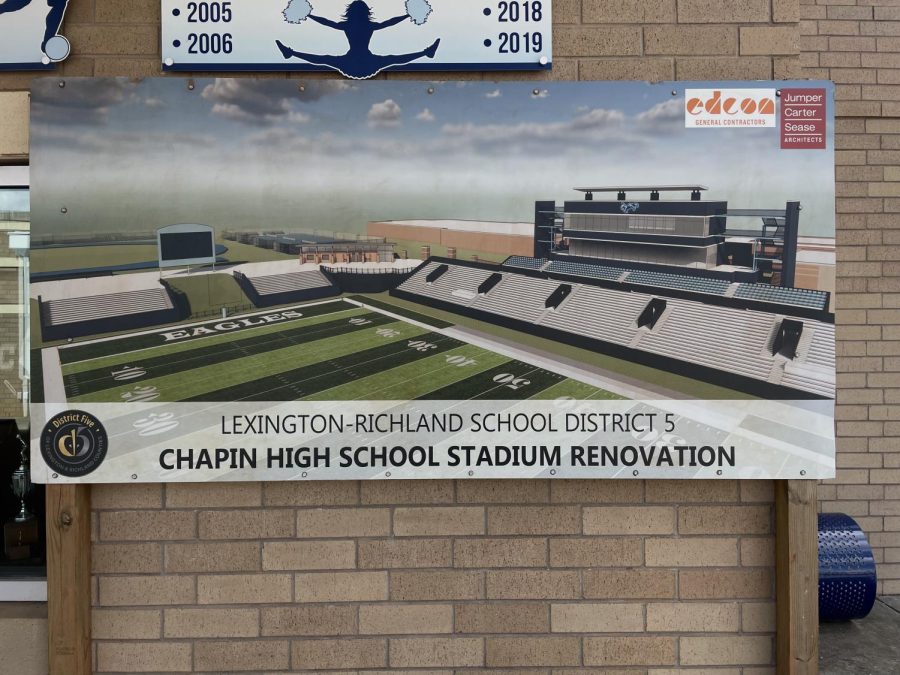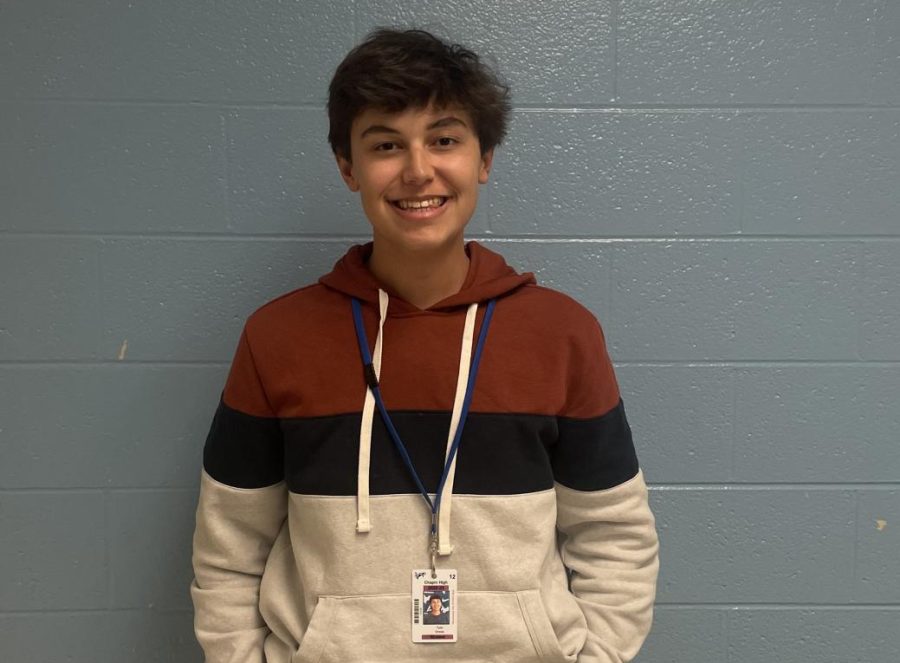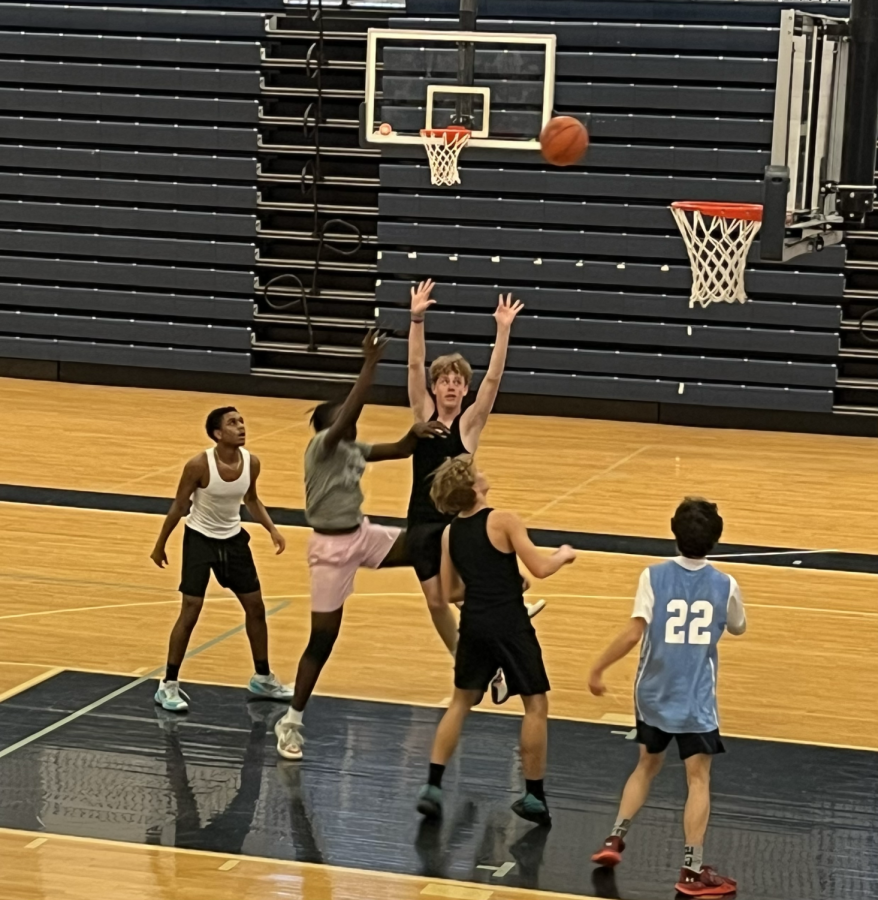Tom Knotts, the new athletic director of Dutch Fork, has got people talking; he gets paid incentives for wins made by the football team he coaches. However he is not the only one who is getting paid for a win.
Schools across America have been doing the same thing for years not only with sports, but with education, too.
Teachers who make national board get paid more. Performance pay is merely the athletic equivalent.
Coaches who make significant strides with any team should get paid more than those who are just average or worse.
After all, during the playoffs they are working for nothing.
Coach McLeod echoes the sentiments of many coaches at Chapin High when he says, “All we get for making the championship is a pat on the back.”
Getting incentives during the postseason does not sound like a bad idea.
“It doesn’t have to be a lot, I am fine with getting an incentive of a hundred dollars a week,” said Coach Hiller.
Incentives on the surface are a good idea. But what could incentives lead to?
“Incentives will open Pandora’s box. Other sports would want incentives, clubs would want incentives, other school programs would want incentives, and people might find it unfair. Incentives can only work if they were fair and for everyone,” said Coach McLeod.
Coach LeGrand thinks that incentives would send the wrong message.
“If incentives were put in place then sports would dictate pay, and people might see it as do what you have to do to win,”said Coach LeGrand.
“Anyone who has a good sports program should get compensated whether they win or lose,” said Coach LeGrand.
If the idea of incentives were equitable, it would not stop at sports. After all, ACT and SAT scores are just important to the public’s perception of what makes a good school. Teachers would get bonuses when students achieved at or above the national standard. This means just about every teacher at CHS would have received a bonus based on the most recent school evaluation statistics. Students could also benefit from pay for performance.
While not directly cutting checks, Michigan offers an Academic Competitiveness Grant (ACG), which is similar to a Pell Grant. Students can receive from $750 to $2300 to be applied to college tuition. South Carolina offers a LIFE Scholarship that essentially pays students for maintaining certain academic standards throughout high school.
Coaches are generally teachers, and overall teachers are not compensated enough.
Recently Chapin High School (also a Blue Ribbon School) received ratings from the state. The ratings and the number of national board certified teachers were both high. Can more pay equal better ratings?
“Shouldn’t anyone get paid more for doing a good job?” said Coach Hiller.

